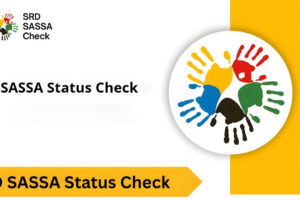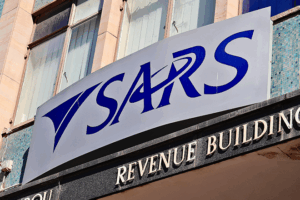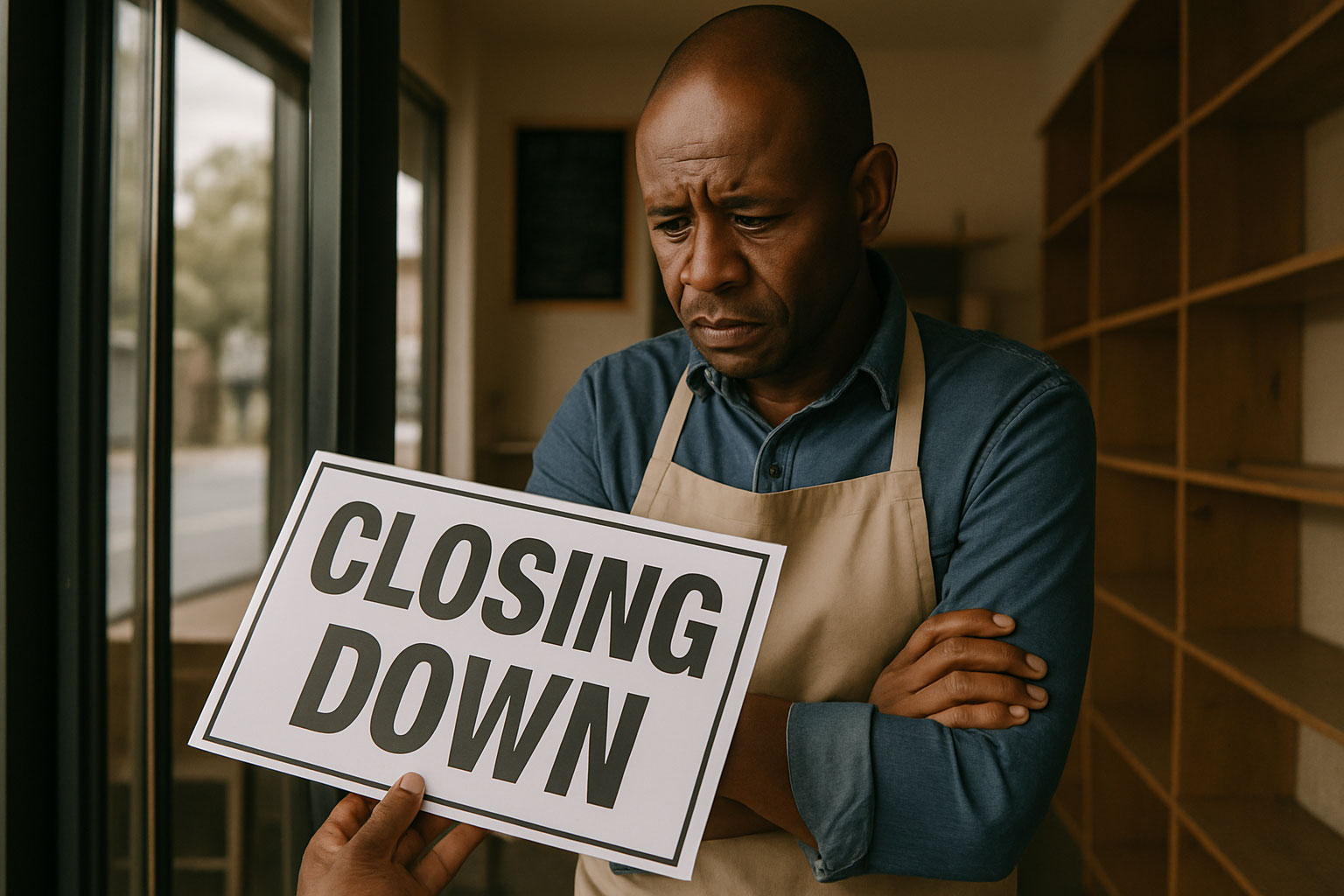A new national survey has sounded the alarm on the precarious state of South Africa’s small business sector, revealing that over half of small and medium enterprises (SMEs) are at risk of closure within the next 12 months unless urgent financial support is provided.
The Small Business Growth Index (SBGI), a joint initiative by Absa, the South African Chamber of Commerce and Industry (Sacci), and the Bureau of Market Research (BMR) at the University of South Africa paints a troubling picture of a sector grappling with mounting costs, subdued economic activity, and tightening margins.
Vulnerable Sector in Decline
With an index score of 51.08 out of 100, the SBGI categorises the SME landscape as “vulnerable”. The data, drawn from over 1,600 small businesses across all nine provinces, shows that 55.3% of businesses do not expect to survive past a year under current economic conditions. Only 25% reported any growth, while a significant 52.8% indicated they are either in decline or trading under severe difficulty.
Prof Paul Kibuuka, head of economic research at the BMR, said SMEs are being crushed by escalating input costs particularly for transport (up 60.9%), utilities (up 56.9%), and raw materials (up 52.9%).
“These conditions are forcing many to hike prices between 6% and 10% over the next few months, passing the burden onto already strained consumers,” he said.
A National Economic Threat
SMEs contribute over 90% of business activity in South Africa, playing a critical role in employment and community development. Yet, according to Ronnie Mbatsane, Managing Executive for SME Business at Absa, the lack of real-time data and tailored financial tools has left many businesses navigating blind.
“The SBGI was created to help fill that gap and the findings are both revealing and alarming,” said Mbatsane. “Without scalable support, we’re not just losing businesses; we’re eroding livelihoods.”
Call for Systemic Interventions
The SBGI’s recommendations include expanding grant-based funding mechanisms, hybrid financing models combining loans with mentorship, and greater access to equity and alternative capital such as crowdfunding and invoice financing.
Sacci CEO Alan Mukoki emphasised that while the sector is under pressure, its entrepreneurial spirit remains strong.
“What we need now is urgent, tailored, and accessible financing solutions, especially for township and rural-based businesses,” said Mukoki. “Finance literacy, improved funding tools, and mentorship are critical pillars to building SME resilience.”
The SBGI also highlights the importance of ecosystem-building efforts, including the Small Business Ambassador Programme, which connects entrepreneurs with policy dialogue and practical guidance.
Renowned economist Prof Raymond Parsons of North West University echoed these concerns, warning that deteriorating conditions for SMEs mirror broader economic headwinds.
“The SARB’s recent GDP downgrade to 0.9% for 2025 reflects the same underlying struggles,” he said. “SMEs, more vulnerable to shocks, need rapid, targeted assistance before the window to intervene closes.”
Government Response and Pledge
In her Budget Vote speech, Minister of Small Business Development Stella Tembisa Ndabeni acknowledged the depth of the crisis and vowed to place small business at the core of South Africa’s economic revival.
“This is not just a rhetorical stance, it’s a recognition that in the success of small businesses lies the promise of inclusive growth and economic justice,” said Ndabeni.
With macroeconomic forecasts continuing to weaken, all eyes are now on the government and financial institutions to respond with speed and strategy. If not, South Africa may face the collapse of a sector critical to job creation, innovation, and the economy’s long-term stability.











